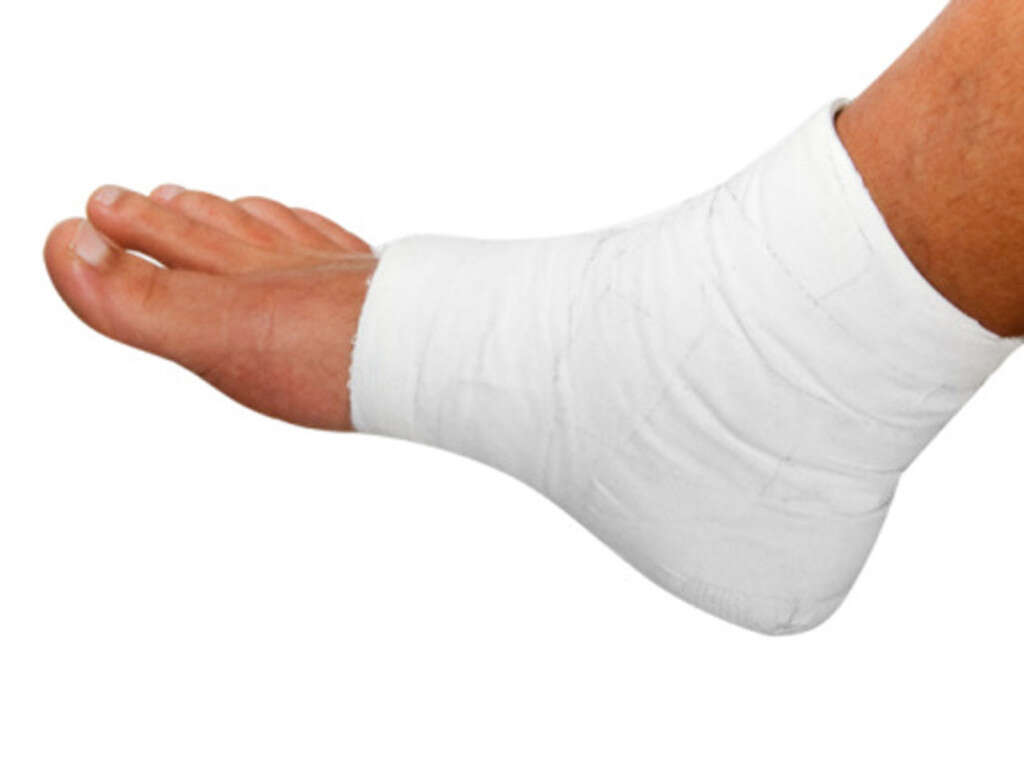10 Causes of Swollen Ankles
The ankle is an important part of the human body where the leg and foot meet. There are three joints in the ankle which include the talocrural joint, inferior tibiofibular joint, and subtalar joint. The ankle is important as it functions to dorsiflex (flex up towards the body), plantarflex (flex down with toes pointing down), eversion (slight outward movement), and inversion (slight inward movement).
There are many bones in the ankle, but the main ones involved in the ankle joint are the talus (foot), tibia, and fibula. The ankle is a crucial joint in the human body as it has a significant role in human gait. Swollen ankles can lead to painful and difficulty bearing weight which affects movements such as standing and walking. Swollen ankles can occur due to many reasons and the treatment and management for it will depend on the underlying cause.
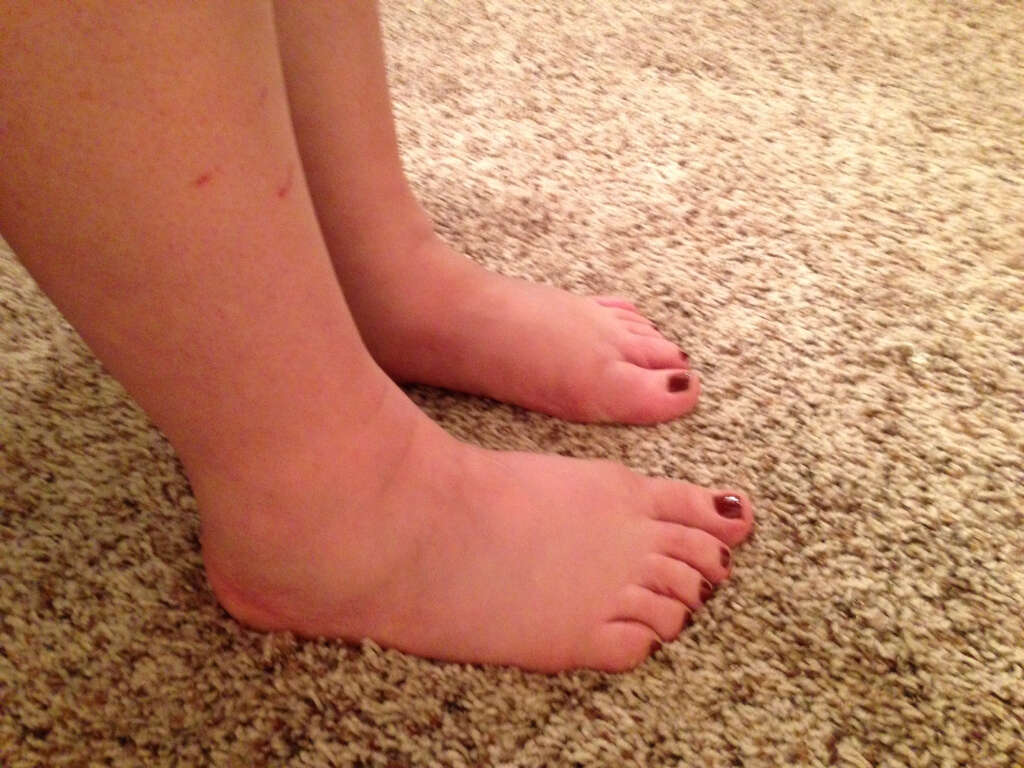
Cause #1: Pregnancy
Many women have swollen ankles during pregnancy. It is a normal course of pregnancy. This occurs as the body starts to retain more fluid during pregnancy. Another major factor is the developing uterus that increases pressure on the veins that are pumping blood from your lower body back to your heart.
This means that there is impairment of blood return to the heart. Hormonal changes and fluctuations can also be a contributing factor to swollen ankles. If you have swollen ankles during pregnancy, it may help if you stay off your feet, wear compression stockings, wear loose clothing, and sleeping on your left side to help venous return to your heart.

Cause #2: Preeclampsia
Preeclampsia is a condition that occurs in pregnant women. It is characterized by high blood pressure. The increased blood pressure causes a high level of protein to be in the urine leading to swelling in the feet, ankles, legs, and hands. Preeclampsia usually occurs in late pregnancy and if left untreated, can lead to eclampsia which is much more serious than preeclampsia.
Eclampsia can lead to seizures and be fatal to both the mother and child. The exact cause of preeclampsia and eclampsia is unknown, but experts have suspected that it may be due to poor functioning placenta, poor nutrition, high body fat, and genetics.

Cause #3: Trauma
Trauma or injury to the foot or ankle can lead to ankle swelling. The most common injury that leads to a swollen ankle is a sprained ankle. This occurs when the ligaments that function to stabilize the ankle are stretched more than the normal range. There can be small tears to the ligament. To help decrease the amount of swelling from the injury, the main principles of treatment and management are rest (avoid extra activity or using the injured ankle), ice (ice or cold packs help reduce the swelling), compression (this is done by using compression bandage to wrap the injured area to prevent it from swelling), and elevation.
This is known as the RICE regime. If you do not see any improvement or experience severe pain, you should seek medical attention to rule out a fracture or more serious injury.
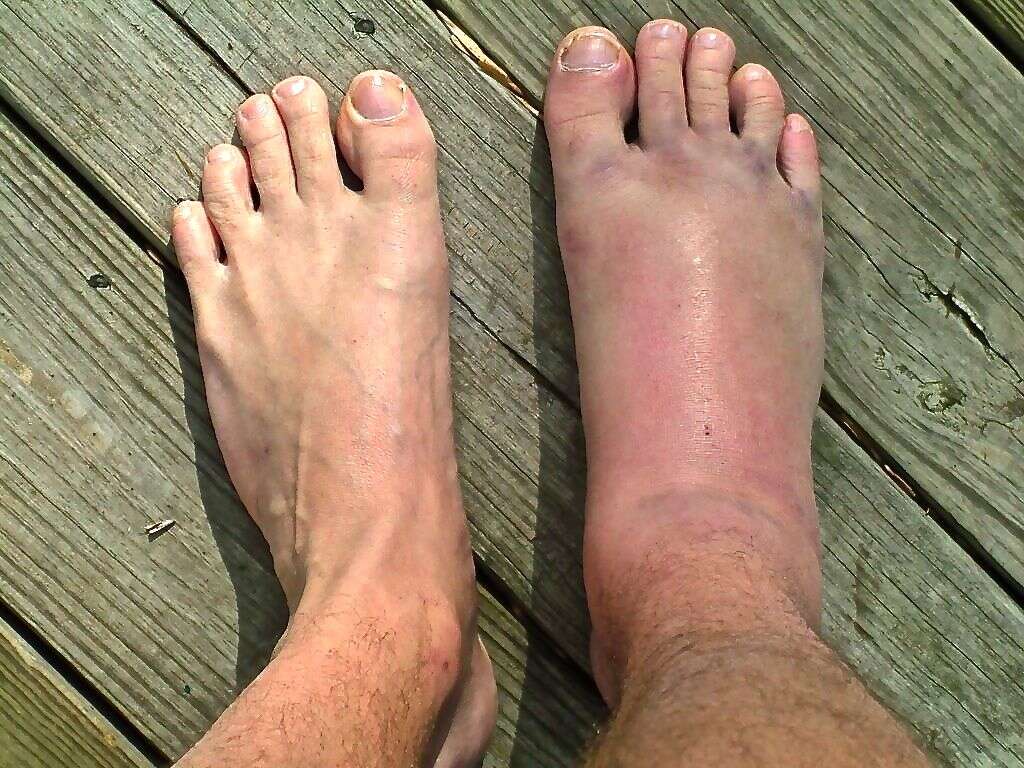
Cause #4: Lymphedema
Lymphedema is a condition where the lymphatic fluid in the body collects in the tissues due to issues with the lymph vessels. It can also occur after lymph node removal. Lymph is essentially bodily fluid that is rich in protein. The lymphatic vessels are extensive and are found throughout the entire body.
Lymphatic fluid is filtered through the lymph nodes which then will trap and destroy foreign or unwanted substances such as harmful bacteria. Issues with the lymph nodes or lymphatic vessels can lead to blocked fluid movement. If left untreated, the buildup of lymphatic fluid can lead to impaired wound healing, infection, and deformity. Lymphedema is most commonly seen after radiation therapy or surgery that involved the removal of lymph nodes.
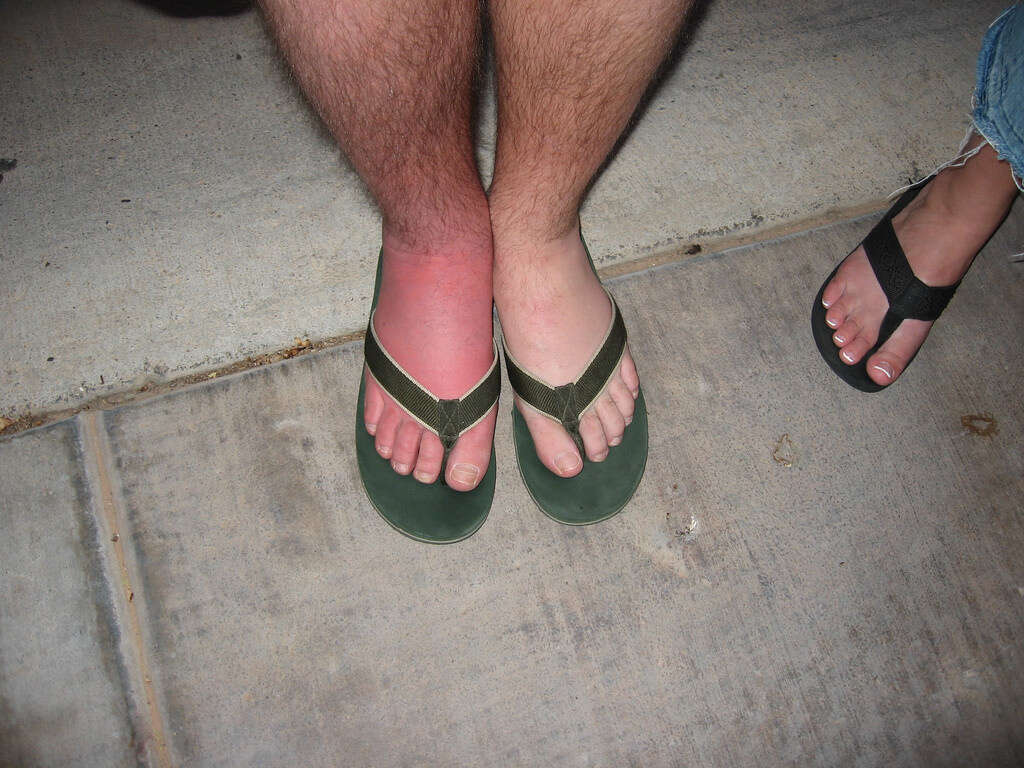
Cause #5: Venous Insufficiency
Venous insufficiency is a condition where the blood has difficulty flowing back to the heart. There are valves in the veins that function to stop the blood from back-flowing after it moves forward. In venous insufficiency where blood does not flow to the heart as efficiently, it causes blood to pool in the lower parts of the body leading to swollen feet, ankles, and legs.
There are several causes of venous insufficiency such as varicose veins (a condition where the veins are enlarged and filled with blood).
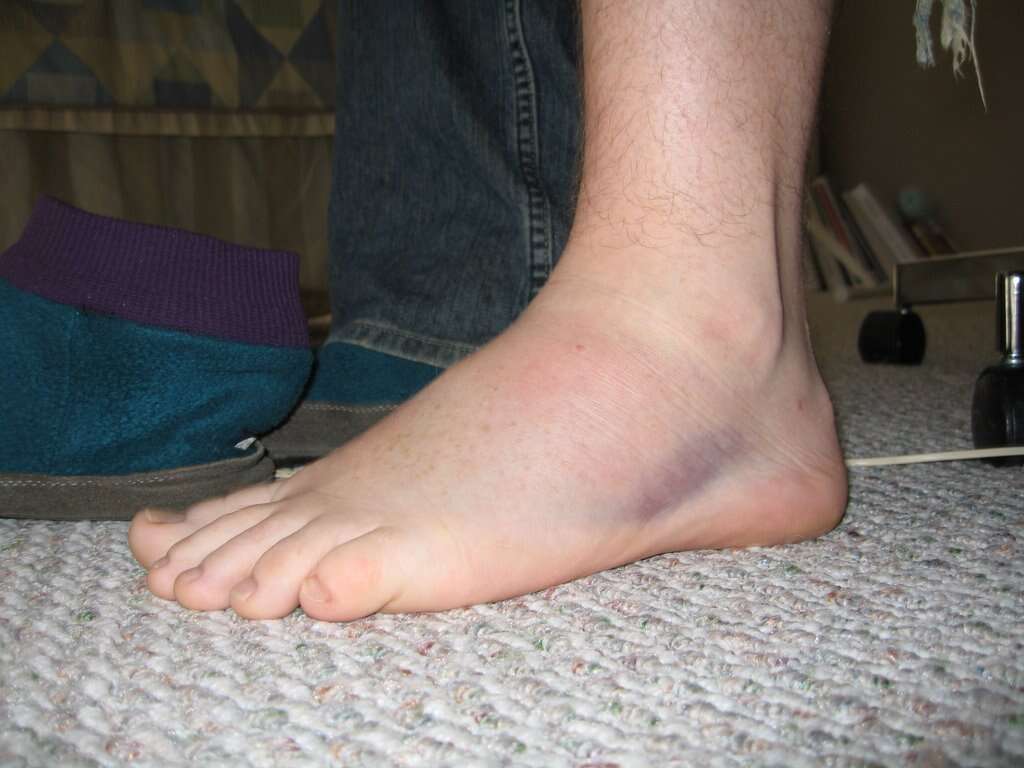
Cause #6: Clots
Blood clots can form in the veins of the legs leading to the blockage of blood flow returning to the heart. This causes swelling in the lower parts of the legs such as the feet and ankles. The clots can form in superficial veins that are found just beneath the skin or in the deeper veins which is known as a condition called deep vein thrombosis.
Blood clots can break, dislodge, and travel to major organs such as the lungs and heart. If you notice that there is swelling, pain, redness, warmth, and tenderness on the affected leg, you should seek medical attention as soon as possible.
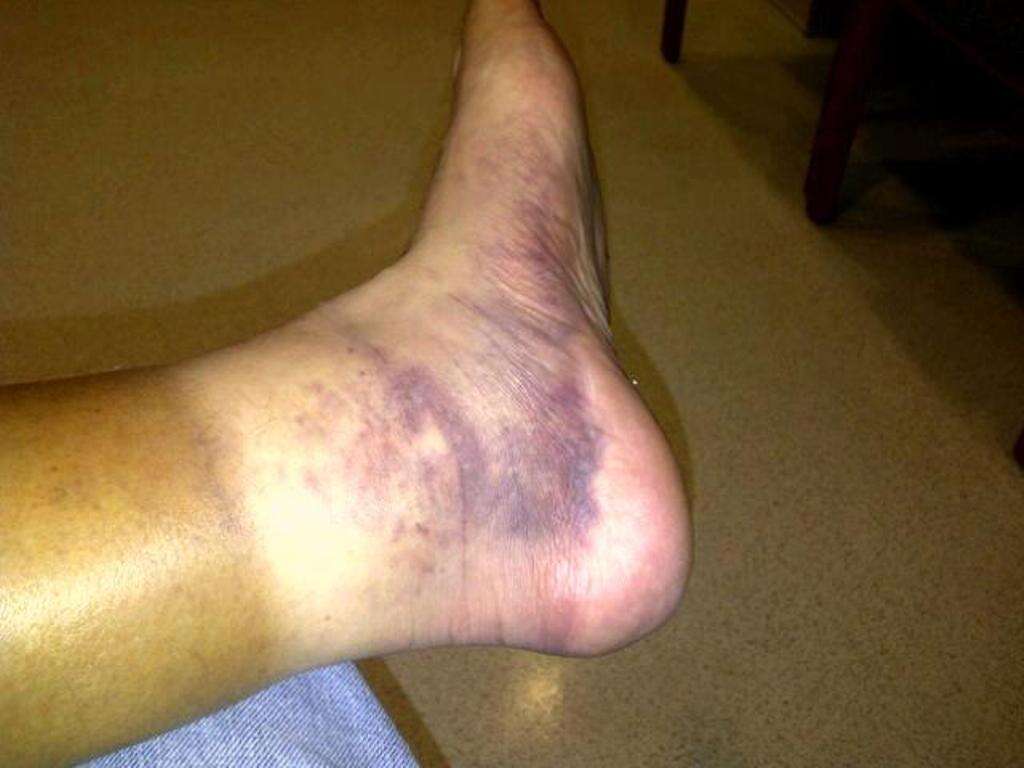
Cause #7: Infection
Any wound in the area surrounding the ankles such as the feet or toes can lead to an infection. This is most commonly seen in individuals with diabetes who suffer from neuropathy (damage to the nerves) and have greater risk of infections.
Diabetics should practice foot care by inspecting their feet for small wounds, blisters, or sores as the nerve damage blunts the sensation of pain and wounds can often go unnoticed until the infection festers. If you are a diabetic and notice that you have swollen feet or ankles, you should contact your doctor for medical attention immediately.
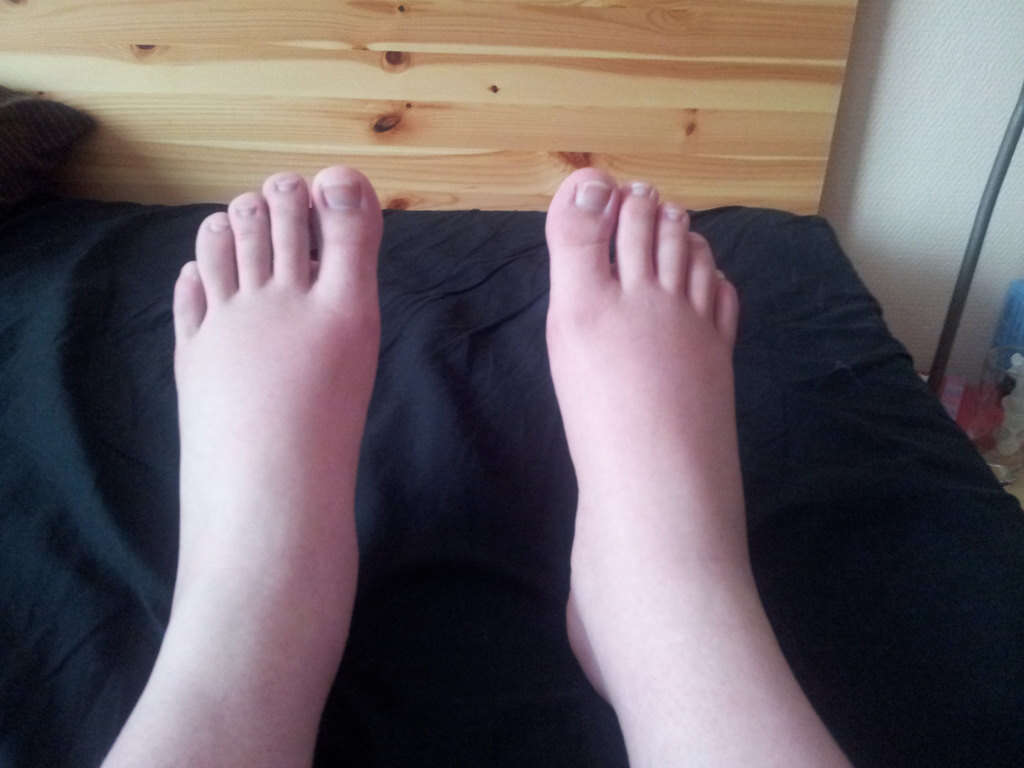
Cause #8: Heart Disease
In heart disease, the heart becomes weaker and is no longer able to pump blood as efficiently as normal. As the blood flow out of the heart slows down, the blood that returns to the heart via the veins also slows down. This leads to pooling of blood in the lower limbs leading to swelling in the feet, ankles, and legs.
Another contributing factor is the decreased ability of the kidneys to excrete sodium and water due to heart disease. this also increases the retention of fluid in the body leading to more swelling. Other symptoms of heart disease include breathlessness, wheezing, fluid retention, weakness, nausea, loss of appetite, and confusion.

Cause #9: Kidney Disease
The kidney is an organ in the body that functions to excrete excess fluid and sodium in the body. When there is kidney disease, there is excess fluid and sodium leading to increased retention of fluid. This leads to swelling of the feet, ankles, legs, and sometimes even around the eyes.
Damage to the kidneys affect the nephrons and blood vessels in the kidney. It can lead to decreasing levels of protein as there is leakage which also contributes to fluid retention and edema.
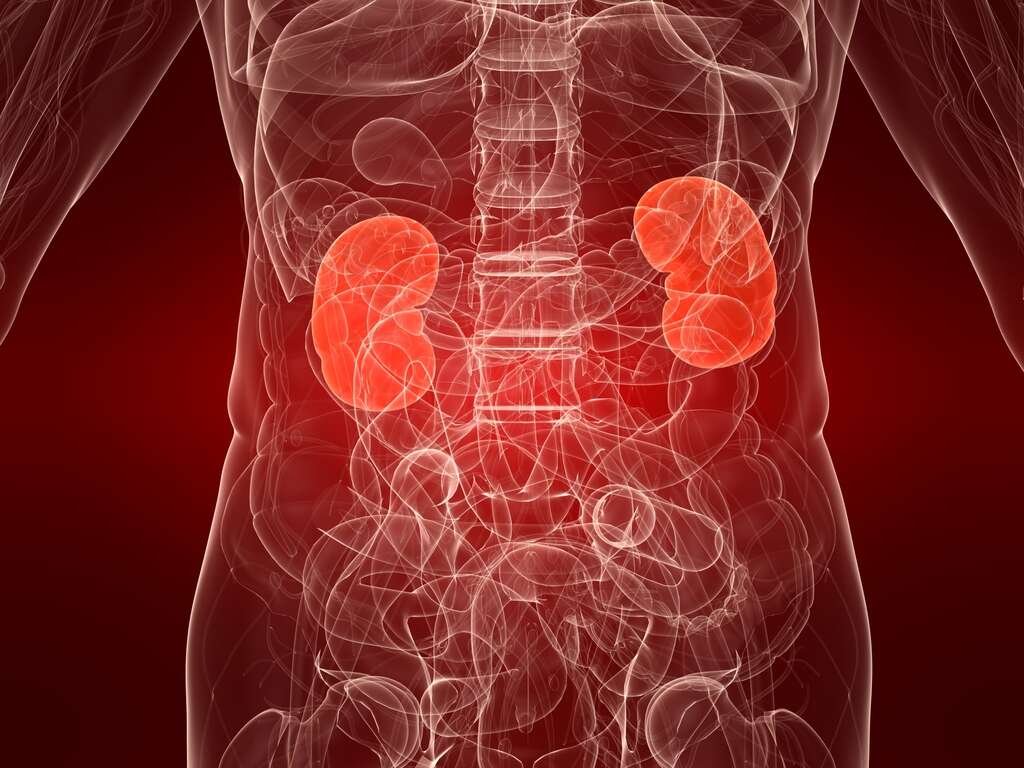
Cause #10: Iatrogenic
The term iatrogenesis refers to any effect due to an activity, product, or service of a healthcare professional. Swollen ankles can occur due to the side effect of medications such as hormones that are found in hormone replacement therapy and oral contraceptives. It can also occur due to a type of blood pressure medication known as calcium channel blockers which include nifedipine, amlodipine, diltiazem, felodipine, and verapamil.
Other medications that can lead to feet and ankle swelling are steroids (prednisone), antidepressants (tricyclics and monoamine oxidase inhibitors), non-steroidal anti-inflammatory drugs (NSAIDs), and medication for diabetes. If you suspect that your ankle swelling is due to a medication, you should discuss with your doctor about potential alternatives or changes to dosage.




